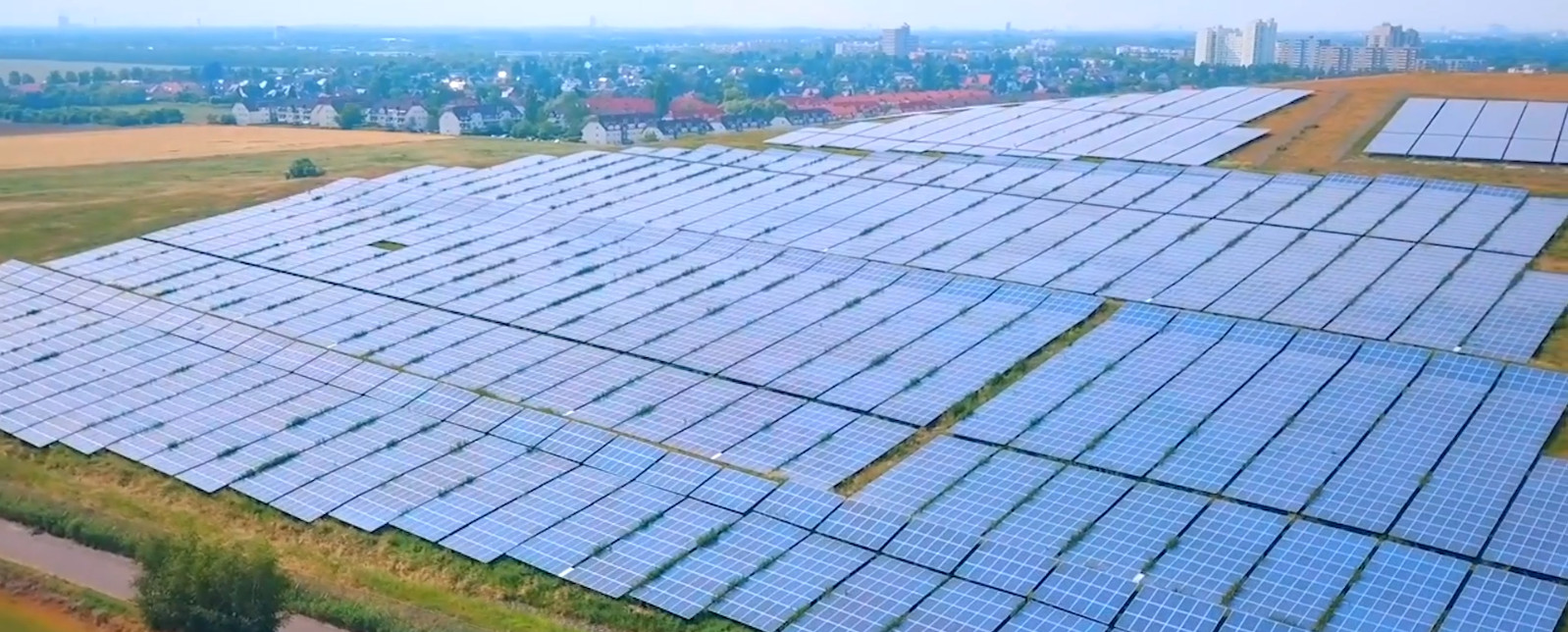
Date: 2025-12-21 Page is: DBtxt003.php txt00021567
SUSTAINABILITY
BLACKROCK
BlackRock’s Larry Fink to CEOs: Get serious on net-zero targets, or else
BLACKROCK
BlackRock’s Larry Fink to CEOs: Get serious on net-zero targets, or else

Original article: https://fortune.com/2021/01/26/blackrock-larry-fink-serious-net-zero-target/
Burgess COMMENTARY
The phrase 'net zero' sounds good, but is widely used as a vehicle for 'green-wash' and other misinformation about corporate social and environmental sustainability.
It is a 'big deal' that Larry Fink is talking as he is, but it is also something of a 'green-wash'. Blackrock remains a major investor in all sorts of companies and funds that operate with catastrophic carbon emissions and other unsustainable pracrices.
Compared to 20 years ago, the dialog about corporate responsibility has progresses ... but part of the progress is a lot more sophistication in the talk, while continuing more or less along the same path for the walk ... and in no way put short term profits at risk!
Peter Burgess
BY KATHERINE DUNN
January 26, 2021 11:48 AM EST (Accessed January 2022)
Larry Fink, the chief executive of the world's largest asset manager, is doubling down on a strategy of integrating climate risks into investing, telling his fellow CEOs he expects companies in which BlackRock invests to make clear how they will achieve their net zero emissions goals.
In his [2021] annual letter published on Tuesday, Fink also said that the companies would need to lay out how exactly such a target is incorporated within their long-term strategies, and how it will be reviewed and measured by individual boards.
In an accompanying letter to clients, BlackRock warned it would take action against those companies that have a high carbon intensity, and which do not align with its own net zero goals. In such a case, what's the proverbial stick BlackRock would be wielding? It would use its shareholder clout to vote against the management of those laggard firms in its index portfolio-held shares, or it would drop the companies entirely from its actively managed portfolios.
One year after Fink wrote that 'climate risk is investment risk,' the executive said that the COVID-19 pandemic had not distracted companies from climate risk, and instead, 'the reallocation of capital accelerated even faster than I anticipated.' He also framed the climate transition as a 'historic investment opportunity.'
Indeed, investing tied to 'sustainability' has quickly become big business. From January to November 2020, investors in mutual funds and ETFs poured $288 worldwide into 'sustainable' assets, he said—an increase of 96% over all of 2019.
The company also said that 81% of a globally representative selection of sustainable indexes funds had outperformed benchmarks over the course of the year, particularly during the rocky early months of 2020. BlackRock's own BGF Sustainable Energy Fund was a top performer, as Fortune reported in October—over 2020, its total return was 50.42%.
Sustainability at its core
2020 brought a wave of new investment products: BlackRock said it had launched 93 'sustainable solutions' last year, drawing in $39 billion and increasing its own sustainable assets by 41% year-on-year. The company also launched a tool, Aladdin Climate, to help investors assess the amount of climate risk in their portfolios.
Fink's statement last January that BlackRock would reassess its own investing strategy, make sustainability central to its portfolios and risk management, and exit investments including thermal coal producers, was touted as a watershed moment for the $8.7 trillion asset manager, and for Wall Street. It signaled a shift in how the risks of climate change are viewed by investors, and indeed, amid the distractions of the pandemic, it kicked off a year of landmark commitments by companies and countries—from Japan to Royal Dutch Shell—to target net zero emissions by 2050.
However, such commitments are still generally long on hyperbole and short on details, especially in the near-term. BlackRock, too, has come under fire repeatedly over the last year over its strategy, particularly after a proxy voting season in which the asset manager repeatedly voted against climate change resolutions at the annual general meetings of companies in which it holds large stakes. It was a classic example of what critics saw as a widespread gap between ambitious long-term pledges—and concrete, near-term action. In December, the company said it would back more shareholder resolutions on climate in 2021.
In his letter, Fink also spoke of other challenges over the past year, including the economic ravages of the pandemic, protests over racial inequality, and political turmoil over the transfer of power from former President Trump to President Biden. The executive also urged companies to integrate diversity and inclusion into their talent strategies, and told investors that focus on a company's 'purpose,' across the more general ESG spectrum, produced stronger results.
However, for clients, climate change was still top of mind, he said.
'No issue ranks higher than climate change in our clients' lists of priorities,' Fink wrote. 'They ask us about it nearly every day.'